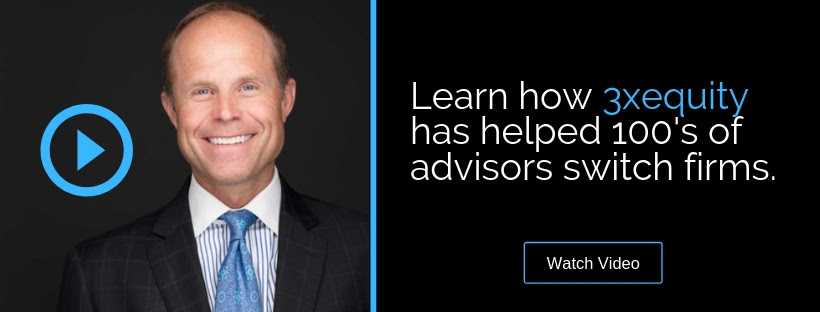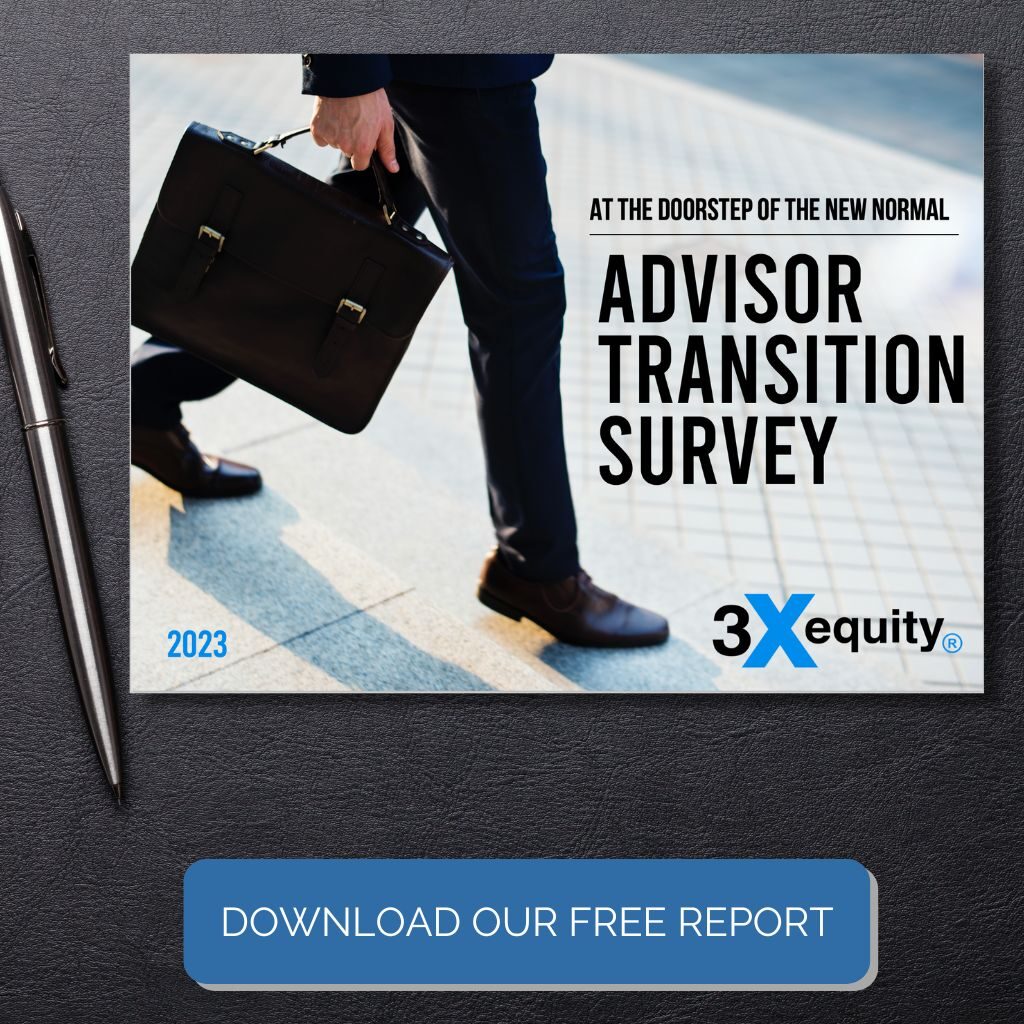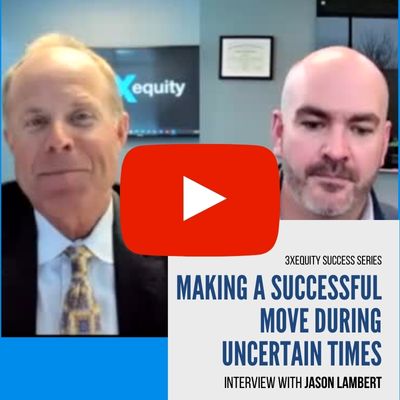Summer often provides the opportunity for more downtime, and time on a beach or in a hammock is a great opportunity to pick up a book. For financial advisors, this downtime can be used strategically to enhance professional knowledge. Staying well-read helps advisors stay ahead of market trends and evolving client expectations, and engage in meaningful discussions with clients.
Here are some books this every financial advisor should consider adding to their reading list this summer.
“Slow Productivity” by Cal Newport
Cal Newport explores the concept of “slow productivity,” advocating for a focus on meaningful work and deep thinking over constant busyness. For financial advisors, adopting these principles can lead to more thoughtful, strategic decision-making and better client relationships. Newport’s ideas can help advisors manage their workload more effectively, prioritize high-impact activities, and ultimately provide better service to their clients. Be sure to check out our recent blog post “Growing Your Practice The Cal Newport Way” for more insights.
______
“Supercommunicators” by Charles Duhigg
Charles Duhigg’s “Supercommunicators” delves into the art and science of effective communication. Financial advisors who master these skills can build stronger relationships with clients, convey complex information more clearly, and influence decision-making more effectively. Duhigg’s insights into communication strategies can help advisors become more persuasive and empathetic, enhancing their ability to connect with and support their clients.
______
“The Creative Act” by Rick Rubin
Rick Rubin, a renowned music producer, shares his insights on creativity and the process of creating something extraordinary. For financial advisors, fostering creativity can lead to more innovative solutions for clients’ financial challenges. Rubin’s approach to creativity can inspire advisors to think outside the box, develop unique investment strategies, and adapt to changing market conditions with a fresh perspective.
______
“Sapiens: A Brief History of Humankind” by Yuval Noah Harari
While not a finance book per se, “Sapiens” offers a sweeping history of human evolution and society. Understanding the broad historical, cultural, and economic contexts in which financial markets operate can provide financial advisors with a deeper perspective on the forces that shape market trends and client behaviors. Harari’s exploration of human history can inspire advisors to think more holistically about the societal impacts of economic policies and market movements.
______
“Nudge: Improving Decisions About Health, Wealth, and Happiness” by Richard H. Thaler and Cass R. Sunstein
Thaler and Sunstein explore how subtle “nudges” can influence behavior in positive ways. For financial advisors, this book provides practical insights into how to help clients make better financial decisions without heavy-handed intervention. By understanding the power of nudges, advisors can design strategies that encourage clients to save more, invest wisely, and plan for the future more effectively.
______
“Antifragile: Things That Gain from Disorder” by Nassim Nicholas Taleb
Nassim Nicholas Taleb’s work focuses on how systems can thrive in the face of volatility and uncertainty. For financial advisors, understanding the concept of antifragility can lead to more resilient investment strategies and better risk management practices. Taleb’s insights are particularly relevant in today’s unpredictable economic environment, providing advisors with tools to help clients not only withstand but potentially benefit from market disruptions.
______
“Factfulness: Ten Reasons We’re Wrong About the World – and Why Things Are Better Than You Think” by Hans Rosling
Hans Rosling challenges common misconceptions about global trends and data. For financial advisors, this book is a reminder of the importance of evidence-based decision-making. Advisors can use the insights from “Factfulness” to provide clients with a more optimistic and realistic view of global economic conditions, helping to counteract the often negative news cycle and its impact on investment decisions.
What’s on your summer reading list? Share your picks in the comments section below.





